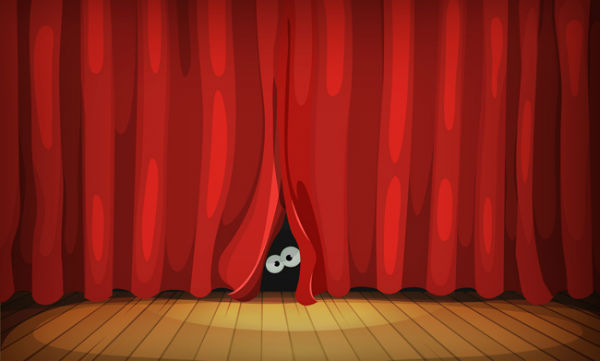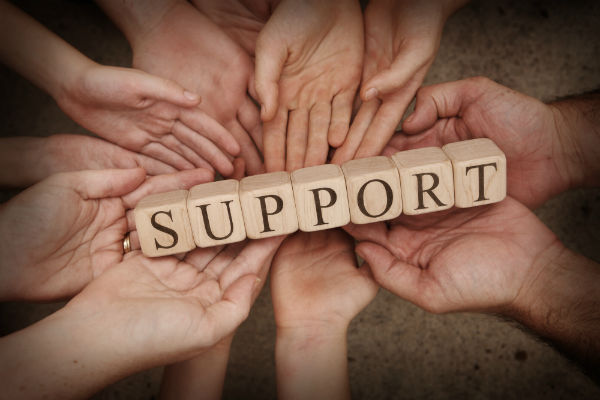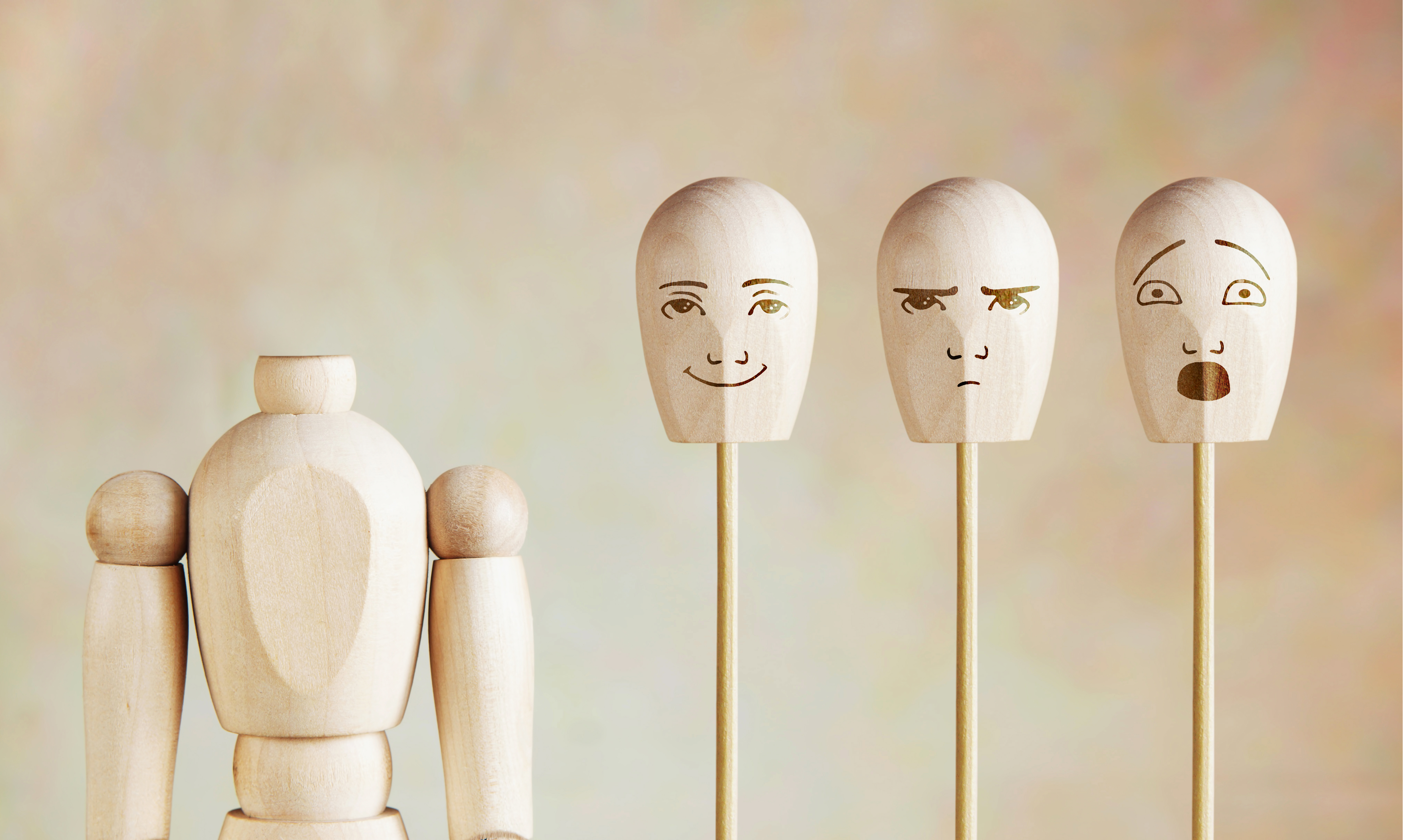Deciding to take responsibility for your own inner life and emotional health, in and of itself, is a life-changing first step. We live in a world where people focus a lot more on outer looks than inner peace, quantifiable achievements than deep living, always worrying about what others think rather than thinking about what’s happening inside, on a day-to-day basis and in the long run – from our babyhood till now.
We each have an interesting, magnificent story. It is what makes us uniquely human – even if you’re thinking there’s nothing special about your life, there is. Every life, every emotion, the way every story takes off, unfolds, twists and turns, resolves only to start a new chapter, is incredibly unique. Even identical twins have very different stories and they’ve each processed life very differently even if they grew up in the same household and went to the same school.
Many times, our stories tell us why we have the fears we have. We can point to an event like an accident, a traumatic experience, or childhood memories and begin to realize where our fears originate. But sometimes this identification doesn’t help. And sometimes even after we know what happened and why it happened, we find that the fear hasn’t left us. It is still there, stronger than ever, showing its face in our dreams, at unexpected times, or even as generalized anxiety. We find that we’re never relaxed.
To make peace with our fear, to bring it to our conscious awareness, there a few things we can and must do. The below tips can be applied by anyone and to any emotion.
TIP #1. Our fears are seeking to become conscious
Our fears aren’t bigger than the life in us, the life we have lived and are yet to live. Our fears are like an actor playing a plot twist in our internal theater of selves. They need the stage, they want to be on the stage, just like any other consciousness-seeking emotion in us. Our fears are unexpressed parts of ourselves, seeking to come to the surface, to be heard, experienced, and released. Maybe, at the end of its performance, even clapped and cheered, because they’ve contributed greatly.
 So, the question isn’t, how can you conquer your fears. Rather it is, how do you face your fears and anxiety gently, acceptingly, openly, embracingly, without fighting them? Is it good to face your fears? Absolute yes. Because any fear we don’t invite to the stage will sabotage the show from the backstage. Imagine a power cut at the best moment of the show, or a flood, unwanted noises, or any other distraction. That’s what fear does when it isn’t allowed to come to the stage – it sabotages your best moments whether in relationships, at work, or even at home.
So, the question isn’t, how can you conquer your fears. Rather it is, how do you face your fears and anxiety gently, acceptingly, openly, embracingly, without fighting them? Is it good to face your fears? Absolute yes. Because any fear we don’t invite to the stage will sabotage the show from the backstage. Imagine a power cut at the best moment of the show, or a flood, unwanted noises, or any other distraction. That’s what fear does when it isn’t allowed to come to the stage – it sabotages your best moments whether in relationships, at work, or even at home.
TIP #2 Embracing is the way to go
Any time we fight with ANY emotion in our psyche, we go against ourselves. It isn’t just fear – same is true for anger, shame, jealousy, sadness, and all other emotions that most of us try to avoid. If there are any feelings you find that you can’t feel, chances are that feeling has gone way deep into your subconscious, waiting to be saved. Like an old box in the attic or the basement, it’s waiting to be rediscovered.
How can you embrace your feelings including fear? Imagine yourself as a guesthouse and the emotions as fleeting, passing guests who want to stop by and enjoy your hospitality for a while. A poem by Jellaludin Rumi illustrates this point beautifully.
The Guest House
This being human is a guest house.
Every morning a new arrival.
A joy, a depression, a meanness,
some momentary awareness comes
as an unexpected visitor.
Welcome and entertain them all!
Even if they are a crowd of sorrows,
who violently sweep your house
empty of its furniture,
still, treat each guest honorably.
He may be clearing you out
for some new delight.
The dark thought, the shame, the malice.
meet them at the door laughing and invite them in.
Be grateful for whatever comes.
because each has been sent
as a guide from beyond.
— Jellaludin Rumi,
translation by Coleman Barks
TIP #3 Share your emotions with “enlightened” others
Perhaps the one big secret most people either don’t know or would like to avoid is that we heal only with and through others. We can’t just read an article or book and expect to heal many years of unexpressed, unembraced fear – though they might point us in the right direction. We can’t just experience fear briefly and expect to heal for good. We can’t just vent to a friend over coffee and resolve long-standing emotional issues.
 Point is, talking to our friends, reading on psychology or self-help, and meditating on our emotions are all helpers – but not the main healers. They are like supplements, not the main medication. What heals is sharing our genuine experience with an “enlightened” other such as an experienced counselor or therapist who won’t project onto us his or her unresolved issues. This person can also be a healer or a psychic, if you believe that will serve you better.
Point is, talking to our friends, reading on psychology or self-help, and meditating on our emotions are all helpers – but not the main healers. They are like supplements, not the main medication. What heals is sharing our genuine experience with an “enlightened” other such as an experienced counselor or therapist who won’t project onto us his or her unresolved issues. This person can also be a healer or a psychic, if you believe that will serve you better.
There are many healers who can see your fear in your aura before you begin to feel it in your body. Emotions are visible in the auric field including how they flow or how they are blocked. They manifest in colors, and their shapes indicate whether you use them as a defense or to turn against yourself. A good healer wouldn’t use this information to jump to conclusions or put labels on you – rather they would encourage you to explore how you are experiencing that feeling in your body-mind. They’d be there for you as you process the emotion.
Fear and Chakra Healing
Each chakra is associated with a key emotion – fear is associated with the first chakra. It is its demon. When we base our life on fear, nothing seems to work – neither our finances nor our health. We have generalized anxiety – some of us even clench our muscles as we sit even casually at a café or at the hairdresser.
The tips above can be applied for every emotion – but for fear, you might need a more in-depth approach as it’s the most primal of all emotions. You might want to study and explore the first chakra further to strengthen your emotional foundation. Because our psyches tend to associate fear with survival, fear is the deepest, most instinctive emotion – it affects out fight or flight response, changing us in the nervous system level.
If you’re dealing with generalized anxiety, you might be carrying a lot of unexpressed fear. Thread gently as this is one strong emotion. Your nervous system will be affected as you go deeper into fear – the process might feel unpleasant but you’ll help your system upgrade to a calmer one that can actually fight when needed, and flight when needed, and stay peaceful when none is called for.
The tips in this article are for people who are functional and well-adjusted to the society, and are generally emotionally healthy. If you suspect that you need more expansive or psychiatric help, please seek medical help.






